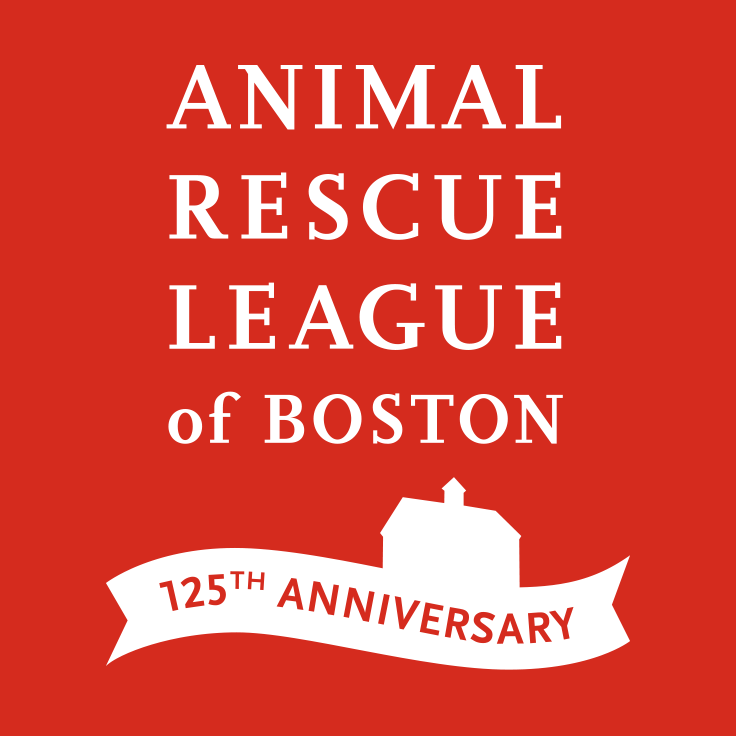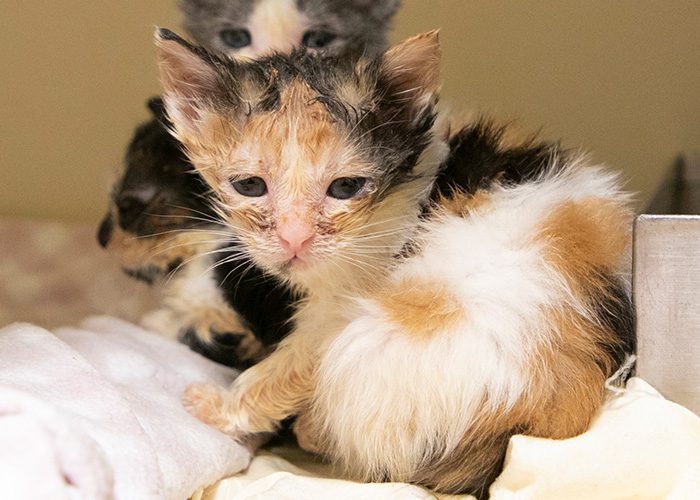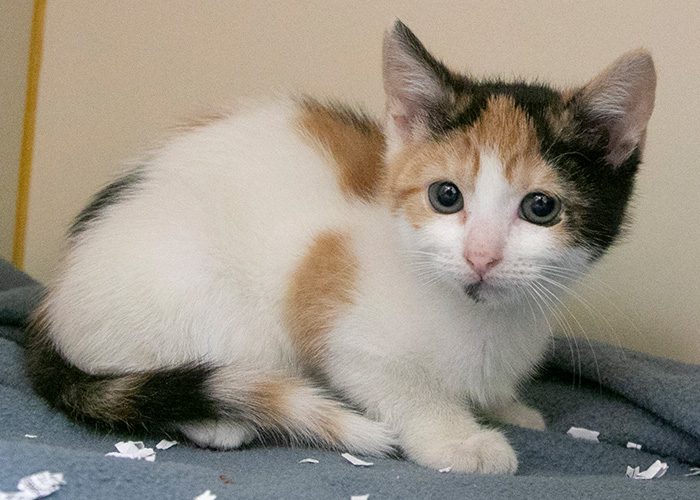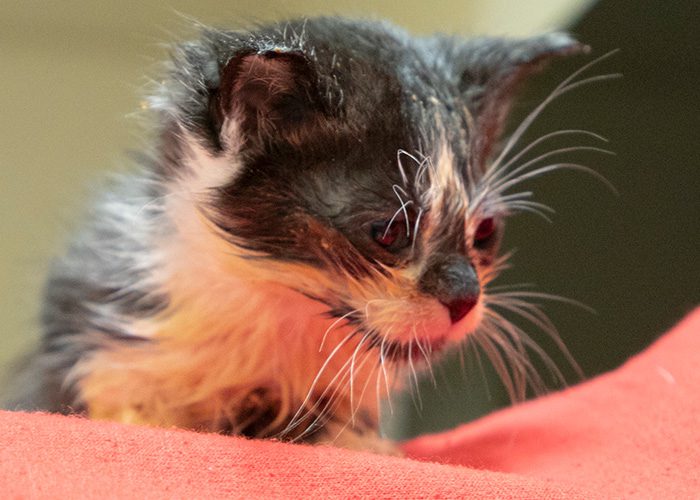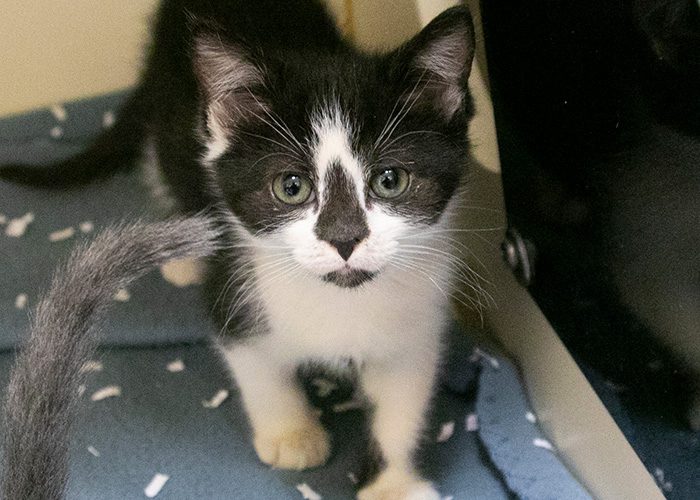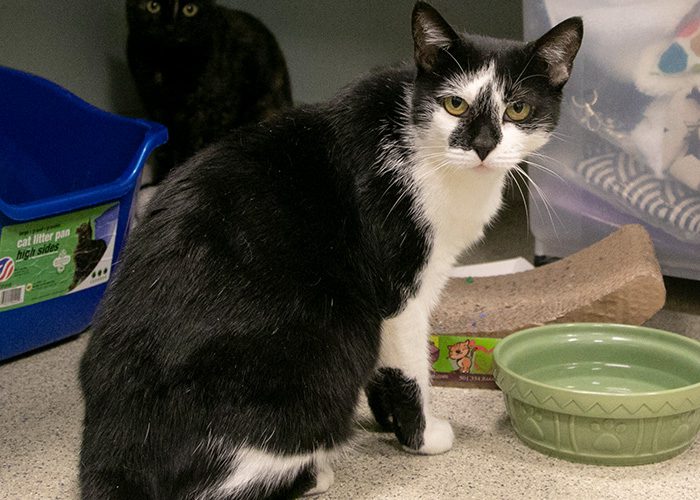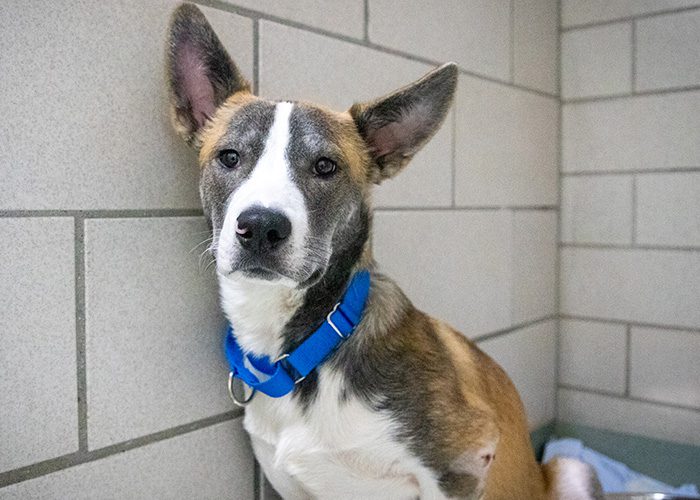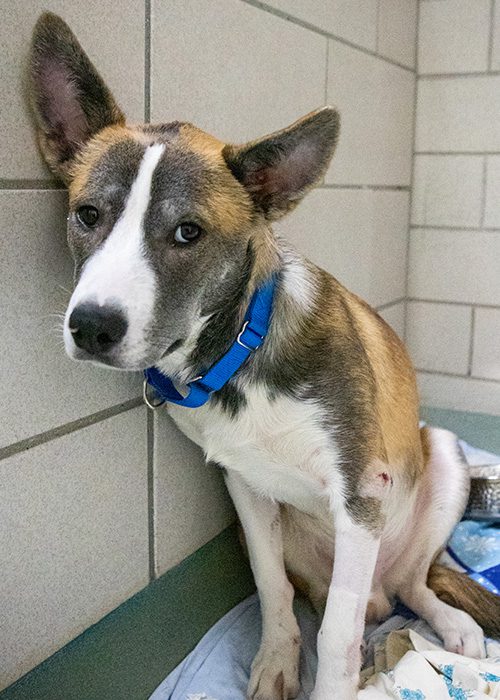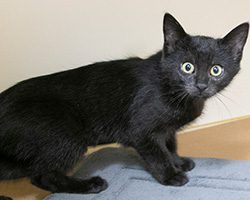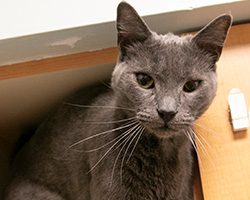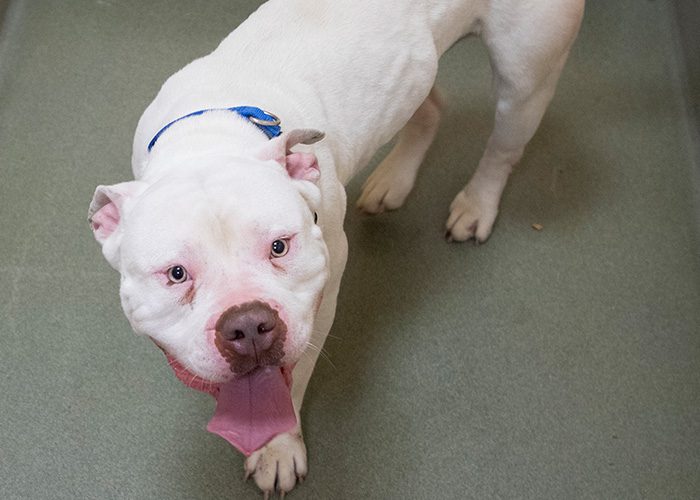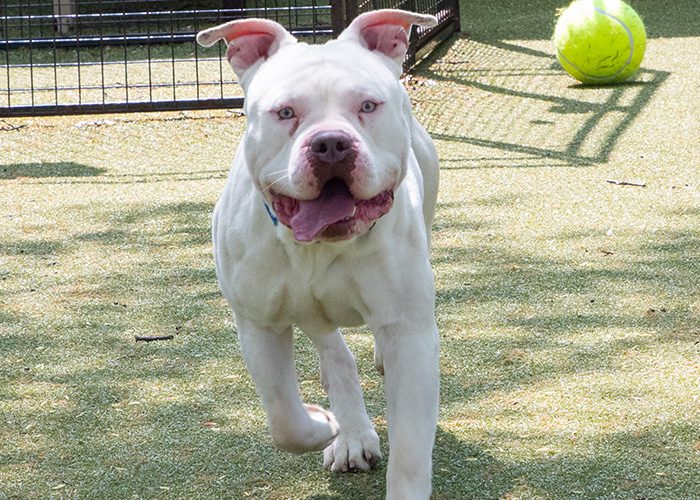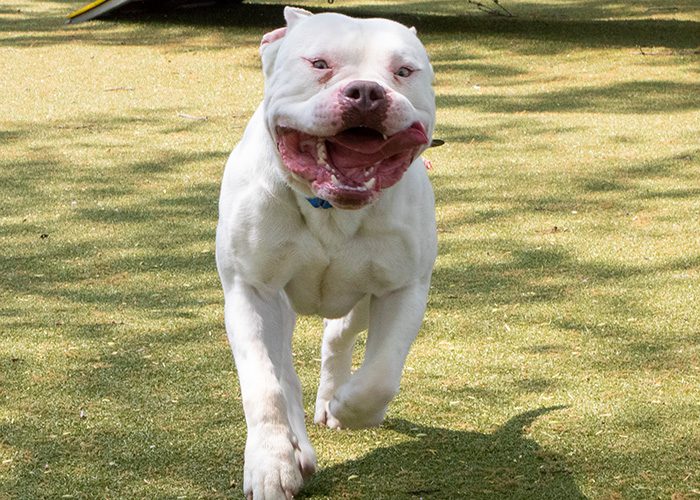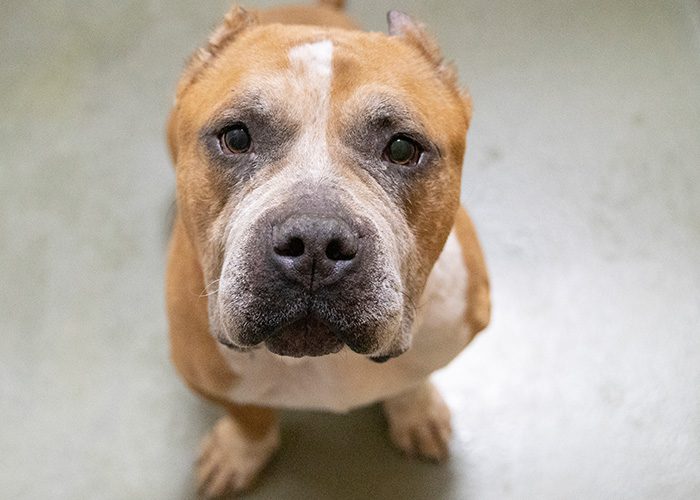Neonatal Kittens Rescued in October Find Homes for the Holidays
Neonatal kittens rescued when mom was injured and unable to provide care
Rescued as a trio of neonatal kittens in October by the Animal Rescue League of Boston (ARL) have completed a remarkable transformation by finding their forever homes just in time for the holidays.
In October, the kittens were discovered in Fall River by a concerned resident who noticed the mother cat was unable to care for the kittens due to severe wounds.
At just 4-weeks-old at the time, the kittens were in an incredibly vulnerable situation, which could’ve been life-threatening without intervention.
ARL’s Field Services routinely works in the Fall River area, an area with countless community cats, and immediately responded when receiving the call about these three kittens.
The kittens and the mom were trapped and transported to ARL’s Dedham Animal Care and Adoption Center, where they immediately received veterinary care.
The kittens were filthy, and suffering from upper respiratory infections.
The trio received medication for the infections and were placed into foster care so they could be constantly monitored.
The mom cat, now named Kiki, was suffering from multiple puncture wounds, and was also underweight.
The kittens rebounded rather quickly, and once they hit the right age, they were spay/neutered and recently found their forever homes.
For Kiki, because she had wounds of unknown origin, she continues a state-mandated 4-month quarantine with ARL, but she will become available for adoption in early 2024.
About ARL’s Community Cat Program
ARL is the only large animal welfare organization in Massachusetts with staff dedicated to helping community cats, which can be found in any city or town in Massachusetts, and it’s estimated that there are 700,000 community cats living throughout the Commonwealth, 70,000 in Boston alone.
Community cats face many challenges living outdoors. Without proper shelter and care, they are at risk of illness and injury.
Additionally, without spay/neuter surgery, these cats can produce many litters and continue the cycle of large colonies of unowned cats.
ARL’s Field Services Agents will respond to the call of residents who report a colony of cats, investigating the colony to determine the number of cats and kittens residing in that area, the cats’ overall health status, and whether or not a local resident is feeding them regularly and can continue.
After the initial assessment, a TNR (Trap-Neuter- Return) plan is formulated for that particular colony.
TNR is one of the most humane and effective ways to stop the cycle of homelessness among cats.
Spay and neuter surgeries are low risk and proven to improve the safety and health of these cats as well as the community as a whole.
The plan also includes vaccines, and whether each cat will be returned to the colony, returned to their owner if microchipped, or admitted to an ARL shelter to be put up for adoption if they are friendly.
Helping Homeless Animals in Need
For a homeless animal or at-risk pet, your kindness can change their whole life.
Your support is a powerful source of hope for the animals we serve, as it will ensure that we are able to provide all animals in our care with the level of compassion and love they deserve.
Will you make a gift to help animals experience kindness and joy this holiday season?
